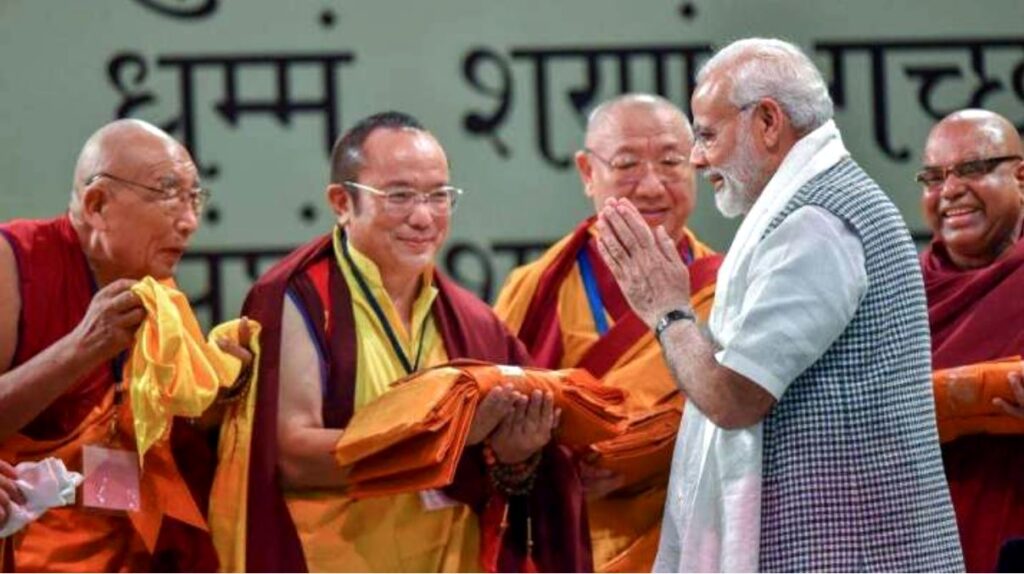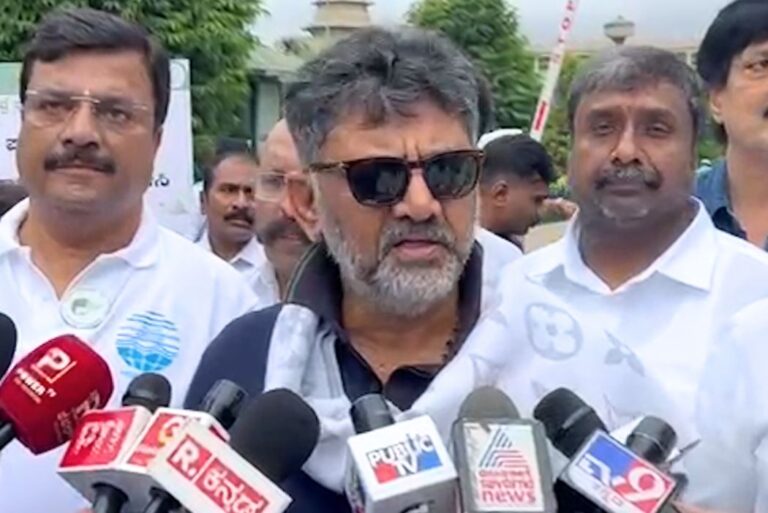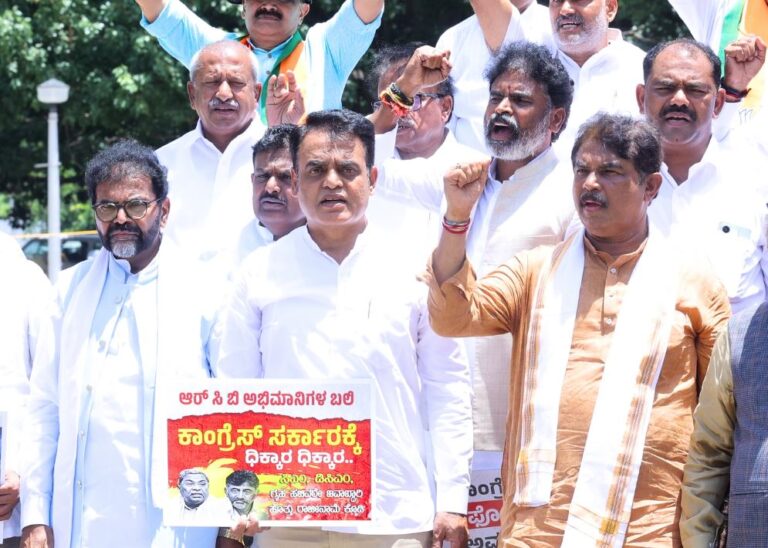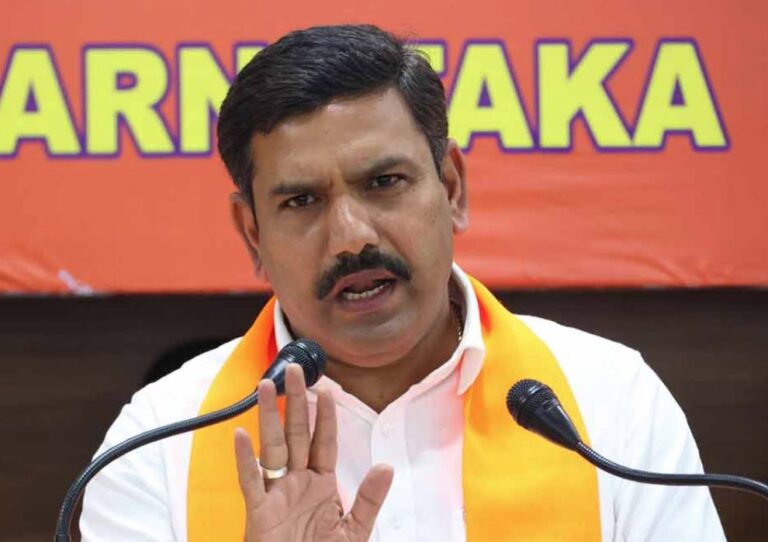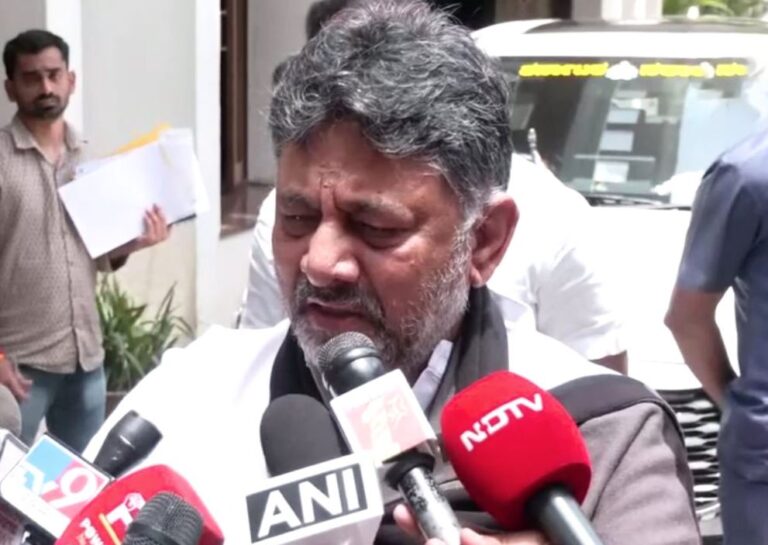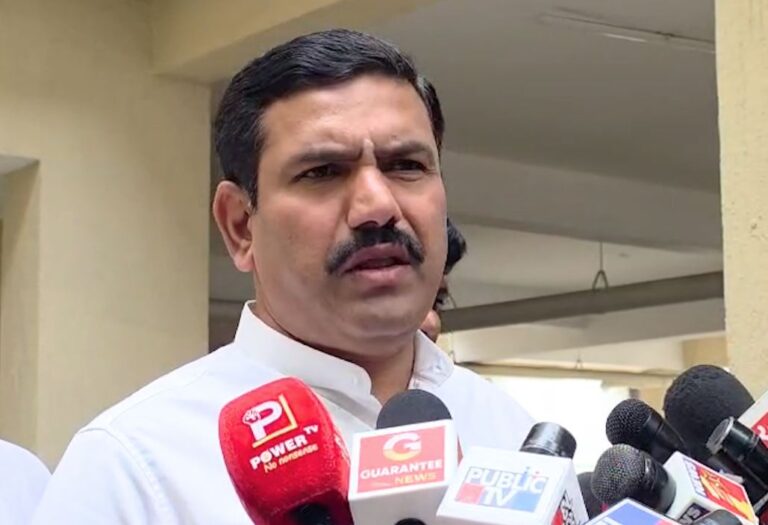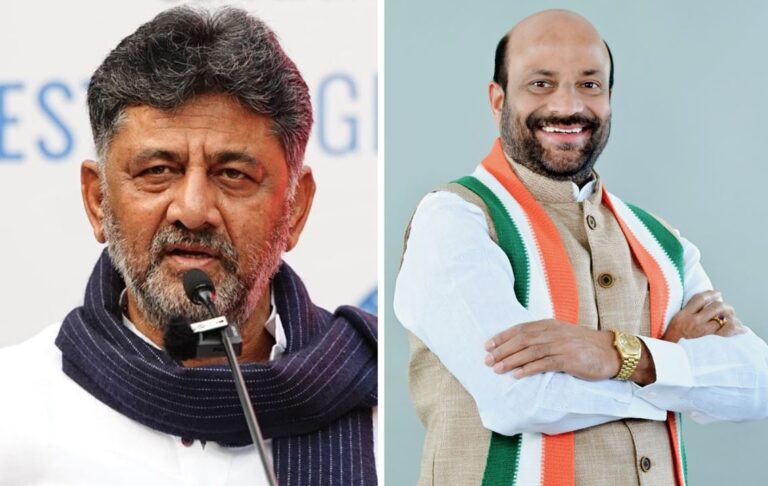New Delhi, April 18: India will host a two-day international summit on Buddhism on April 20 and 21. Delegates from 30 countries will participate, a notable exception being China. Tibetan spiritual leader, the Dalai Lama, is also unlikely to attend the two-day conclave.
The maiden conference being organized by the Union Ministry of Culture and International Buddhist Confederation will discuss contemporary global issues through a Buddhist perspective.
“India is the birthplace of Buddhism. The summit aims to find solutions to the problems such as climate change, poverty and conflict among others, by exploring the Buddhist teachings and practices,” Union Minister for Culture G. Kishan Reddy said.
Over 170 delegates from countries such as Mexico, Cambodia, Laos, Thailand and Japan, and 150 from India will participate in the summit to be held in the national capital. The delegates include prominent scholars, monks, diplomats and members of Buddhist organisations across the globe. The largest number of delegates are from Sri Lanka (20) and Vietnam (30).
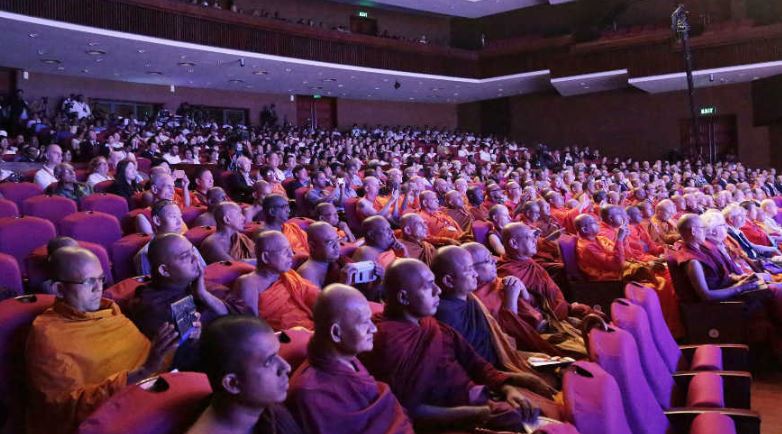
“There will be no delegates from China. There will be two delegates from Taiwan. The invitations were sent to various Buddhist institutions and not to the governments,’ Abhijit Haldar, Director General of International Buddhist Confederation, said and added, “His Holiness Dalai Lama may not attend the summit due to health issues”
The theme of the Internationla summit is “Responses to contemporary challenges from philosophy to praxis” which will be inaugurated by the Prime Minister Narendra Modi. The discussion will be under four themes – Buddha Dhamma and peace, Buddha Dhamma and Environmental crisis, health and sustainability, preservation of Nalanda Buddhist pilgrimage, living heritage and relics.
Several scholars and philosophers are expected to present papers on various issues which will be discussed in the summit.
When asked if the Russia – Ukraine war will also figure in the discussion at the summit, Haldar said, “The thrust and focus is world peace, world tranquilty. So, when peace is discussed, obviously and naturally the on-going war will also come up for discussion. However, we will not take sides, either this way or that way but will appeal for halting the war and establish peace.”

